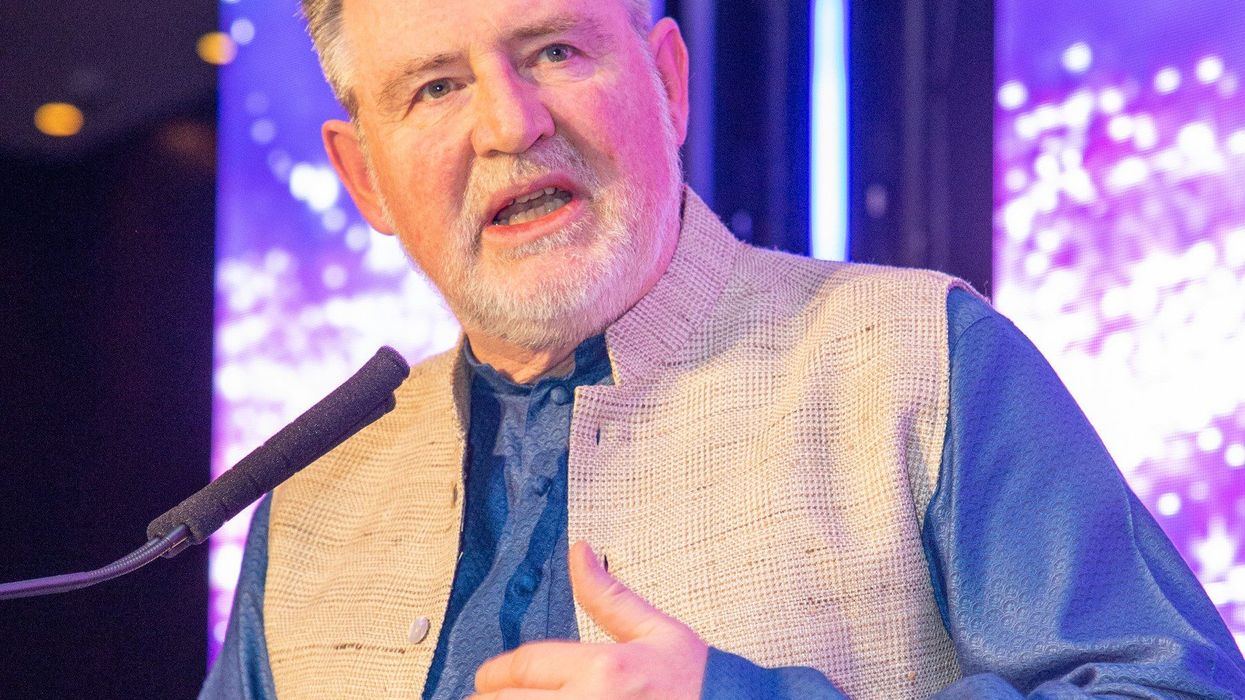A dentist who had tweeted that he would kill his local MP has been detained in hospital, according to media reports.
Amit Kerai, 34, had during a four-year campaign of harassment tweeted that Brent North MP Barry Gardiner would be "stabbed, shot, beheaded".
Kerai appeared at the Old Bailey court by video link from a secure mental health unit on Thursday (23) and pleaded guilty to making the threat in August 2022.
He threatened Gardiner after contacting the MP’s office on Aug 4, 2022, The Telegraph reports.
He reportedly had a grudge after being permanently banned by the General Dental Council in 2021 following a misconduct investigation, The Standard reports.
In a victim impact statement read in court, Gardiner said he was "aware members of parliament are increasingly being threatened and two of my colleagues have been murdered in the course of their work".
He was referring to the killing of two Labour MPs - Jo Cox in 2016 and Sir David Amess in 2021.
The Labour Party MP felt the legislators were offered poor security, but clarified that he would continue to be accessible to his constituents.
Gardiner said he still takes public transport and attends public meetings, but felt that being an MP "places a much greater strain on my staff and family than when I began in Parliament 25 years ago."
Kerai was sentenced on Thursday to indefinite detention in a secure hospital under section 37 of the Mental Health Act, as well as a restraining order, BBC reports.
The court heard he was a cannabis and cocaine user and is taking anti-psychotic medication to treat a “persistent delusional disorder”.
Two more charges
Kerai also admitted to two charges of putting other people in fear of violence by harassment with abusive and threatening emails, tweets, and telephone calls between 2019 and 2022.
Fellow dentist Keith Percival, from the Hampshire and Isle of Wight dental council, was a victim of his hate campaign.
He and his daughter, Emily Vidovic, who had an administrative role in the same organisation, were threatened by Kerai.
The court heard Kerai sent graphic unsolicited images of the war in Ukraine, as well as pornographic pictures together with lurid false allegations about the victims.




